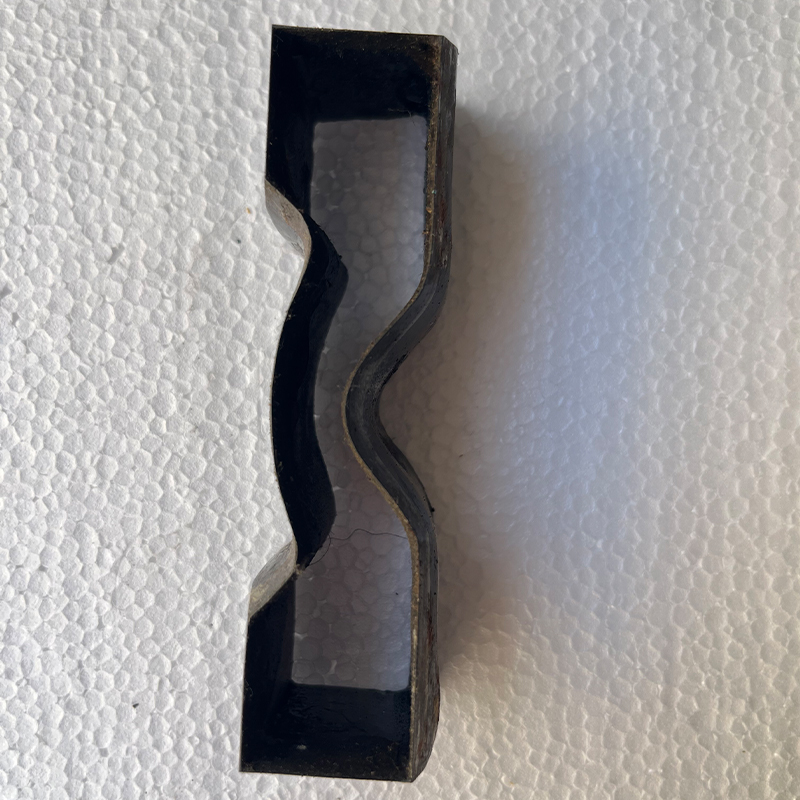Top Suppliers for High-Quality Tensile Force Testing Equipment and Solutions for Your Needs
The Importance of Tensile Force Testers and Their Suppliers
In various industries, understanding the mechanical properties of materials is crucial for product development and quality assurance. One of the key methods for evaluating these properties is through tensile testing, which measures a material's behavior under tension. This is where tensile force testers come into play. Tensile force testers are devices used to apply a controlled tension to a material sample, allowing engineers to analyze its tensile strength, elongation, and overall ductility. The demand for reliable tensile force testers has led to a growing market for suppliers specializing in this equipment.
What is a Tensile Force Tester?
A tensile force tester typically comprises a frame, grips to hold the specimen, and a load cell to measure applied force. When a sample is subjected to pulling forces, the tester records data on how much force is applied at various points of strain until the material ultimately fails. The results from tensile tests are crucial for understanding how materials will perform in real-world applications, from construction materials to consumer products.
The Role of Suppliers
Suppliers of tensile force testers are vital for ensuring that industries have access to high-quality equipment that meets specific testing standards. These suppliers often provide a range of products, from basic manual testers to sophisticated computer-controlled systems that integrate data analysis software. The choice of supplier can significantly affect the accuracy and efficiency of tensile testing processes.
1. Quality Assurance A reputable supplier will offer testers that meet international quality standards, ensuring reliability and accuracy in testing results. For industries such as aerospace, automotive, and construction, where material integrity is paramount, investing in high-quality tensile force testers is non-negotiable.
2. Technical Support Experienced suppliers also provide technical support and guidance, helping clients select the right testing equipment for their specific needs. They often offer calibration services and maintenance support, ensuring that the testers remain in optimal working condition over time.
3. Customization Some suppliers specialize in custom solutions. Depending on the materials being tested and the unique requirements of a project, suppliers can offer tailored solutions for tensile testing. This versatility is particularly beneficial for industries dealing with specialized materials or those that require high-precision testing.
tensile force tester suppliers

4. Research and Development Suppliers frequently engage in R&D to improve testing technology. Innovations can lead to more accurate data collection, increased testing speed, and enhanced user interfaces. By collaborating with these suppliers, businesses can stay updated on the latest advancements in tensile testing technology.
Selecting the Right Supplier
When looking for a tensile force tester supplier, several factors should be taken into consideration
- Reputation It's essential to research the supplier's reputation in the industry. Testimonials and case studies can provide insights into their reliability and the quality of their products.
- After-Sales Service A strong after-sales service ensures that any issues encountered can be resolved quickly, minimizing downtime in testing processes.
- Product Range A supplier with a diverse product range can cater to different testing needs, allowing companies to expand their capabilities as required.
- Cost vs. Value While budget is always a consideration, the focus should be on the value provided by the supplier. Higher initial costs may be justified by superior quality, longevity, and performance.
Conclusion
The role of tensile force tester suppliers is increasingly crucial in industries where material performance is vital. By choosing a reputable supplier, companies can ensure they are equipped with reliable and accurate testing equipment, ultimately leading to better product quality and safety. As technology continues to evolve, the partnership between manufacturers and suppliers of tensile testing equipment will play a significant role in driving innovation and efficiency in materials testing and quality assurance.
-
Why the Conductor Resistance Constant Temperature Measurement Machine Redefines Precision
NewsJun.20,2025
-
Reliable Testing Starts Here: Why the High Insulation Resistance Measuring Instrument Is a Must-Have
NewsJun.20,2025
-
Flexible Cable Flexing Test Equipment: The Precision Standard for Cable Durability and Performance Testing
NewsJun.20,2025
-
Digital Measurement Projector: Precision Visualization for Modern Manufacturing
NewsJun.20,2025
-
Computer Control Electronic Tensile Tester: Precision and Power for the Modern Metal Industry
NewsJun.20,2025
-
Cable Spark Tester: Your Ultimate Insulation Assurance for Wire and Cable Testing
NewsJun.20,2025
 Copyright © 2025 Hebei Fangyuan Instrument & Equipment Co.,Ltd. All Rights Reserved. Sitemap | Privacy Policy
Copyright © 2025 Hebei Fangyuan Instrument & Equipment Co.,Ltd. All Rights Reserved. Sitemap | Privacy Policy
